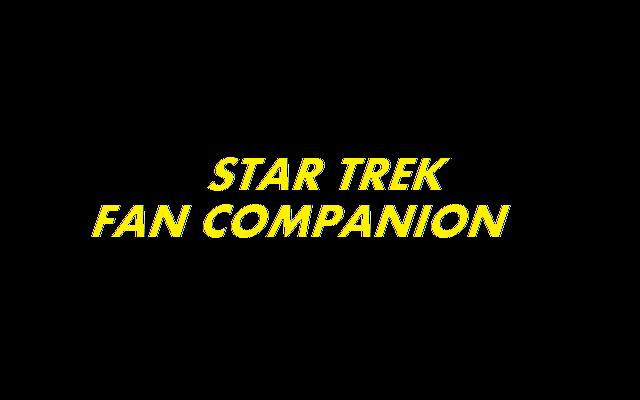the story: Lwaxana Troi is engaged to be married, but that hardly prevents her from continuing to be a pest, this time enrolling Alexander into her shenanigans.
similar to: "The Muse" (Deep Space Nine)
my thoughts: Building on "Half a Life" the previous season, "Cost of Living" makes Lwaxana Troi to be something other than a constant irritant, but to a lesser degree. It kind of does the same for Alexander, at last as far as his progress from "New Ground" goes.
For whatever reason, Next Generation loved recurring characters who were sources of conflict. From Q to Ro Laren to Barclay, most of them were pretty much more trouble than they were worth, at least as far as the regular crew was concerned. Two characters who absolutely epitomized this were Lwaxana and Alexander, so it was only natural that they converged into a single story. The result was supposed to better represent both of them. The flipside to these recurring characters was that it was as much a challenge to the crew as to the audience to find redemption for them. (Redemption was a big thing for Star Trek creators at this point. Deep Space Nine and Voyager both predicated on it.)
Which is to say, "Cost of Living" is all about trying to find sympathy for outcasts. Lwaxana constantly makes bad choices romantically, and Alexander chafes at his father Worf's ideas about parenting. Both would be better off in a colony such as the one Lwaxana conjures on the holodeck, full of free thinkers. Yet because Star Trek itself craves orders, the episode ends with reluctance more than resolution, Lwaxana's engagement broken off and Worf at least agreeing to sample the maverick program that has so distracted his son.
The whole thing is part of how Worf ends up with Lwaxana's daughter, Deanna, at the end of the series, both of them equally exasperated by their unwieldy family members. "Cost of Living" is important, in part, because of that, but it succeeds only so far as it talks about these things but doesn't at all attempt to resolve them. You don't expect a single episode, years before the series is ready to be over, to attempt resolution, but for a series perpetually gun-shy about character development, when an episode comes along that make a bold statement but instead makes a mild one, you kind of have to find fault with said episode.
Still, there are some really great moments in it, from Alexander laughing at dinnertime to that poor guy who eats his planets, and the phrase, "The higher the fewer" (said two times with equally ridiculous profundity).
criteria analysis:
notable guest-stars:
Majel Roddenberry (Lwaxana Troi)
Brian Bonsall (Alexander)
Carel Struycken (Mr. Homn)
Tony Jay
